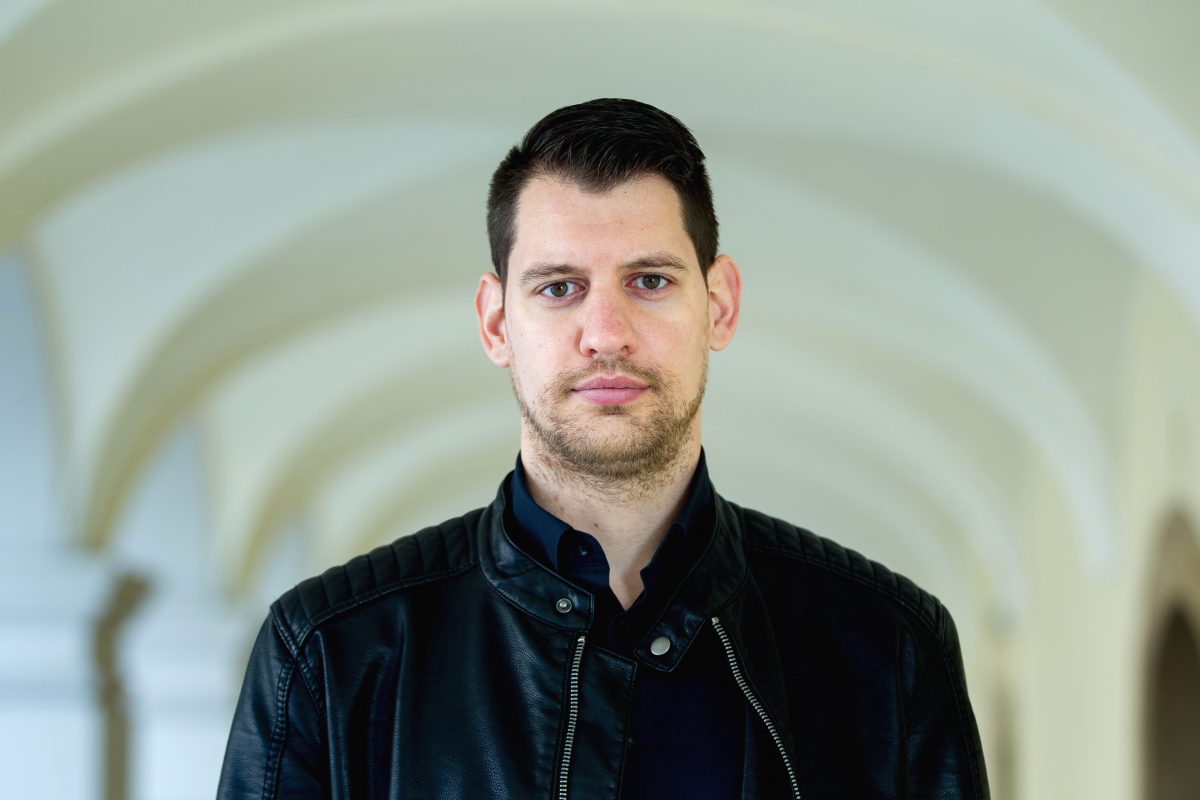Since the fall of the Berlin Wall (1989) and collapse of the European communist regimes, Croatians have gone not only through an extensive political, social, and economic transition but also through an emotional roller coaster
Foreword
Since the fall of the Berlin Wall (1989) and collapse of the European communist regimes, Croatians have gone not only through an extensive political, social, and economic transition but also through an emotional roller coaster. The elation over the declaration of independence was shattered by the horrific war of Serbian aggression, symbolized by the annihilation of the city of Vukovar and the decimation of its people. The nerve-wracking delays in the international recognition of statehood were an additional torment. However, the military triumph of the Croatian Army in August 1995, brought about an exhilaration that has become a lasting component of national memory.
The post-communist transition in Croatia, however, had another face that became increasingly visible in the decades after the 1991–1995 war. Namely, as the dam of communism collapsed and the murky waters drained, it became obvious that thick debris from the former regime remained. One might say that the trees, shrubs, and weeds nurtured during the Yugo-communist era remained deeply rooted in the marshy soil of totalitarianism and, as transmuted species, continued to suck the sap of the country’s newly discovered democracy. Furthermore, they positioned themselves as the ruling class and Marxist new avant-garde for a so-called “better future.” This “newest class” has a postmodern packaging, but its goals and methods are very familiar to all those who witnessed the former totalitarianism in practice.
Struggle for the past
Today’s ruling class, consisting of biological and ideological descendants of the old nomenklatura, together with the newly grown imitators of the Western craze, desires to control not only the present and the future but also the past. As might be expected, special attention is given to historiography because the Communist Party’s postulates and bloody deeds have to be whitewashed and/or justified.
Croatia is a member of the European Union, NATO, and other transatlantic institutions, and it is supposed to be free and democratic, but her historiography continues to be under governmental pressure and ideologically driven practices. For example, the process of opening the secret police (OZNA, UDBA, SDB, KOS, etc.) files has taken too long, and the Communist Era archives are not fully accessible yet. The files of some prominent dissidents are missing, while the files of certain individuals with bloodstains on their hands have been “purified.” Furthermore, young historians have to be careful when selecting research topics if they desire to receive the necessary institutional approval and government funding. More significantly, they must be cautious about what they write on certain subjects, although based on solid research; otherwise, possible advancements in their careers might be in jeopardy.
It seems that in today’s Croatia, there are three, loosely defined, types of younger historians. First, a few “court historians,” who are also university professors, have monopolized the state media and assumed the mission of defending and perpetuating the Yugoslav Titoist “glorious” heritage. Second, some historians have learned to go along with the existing ideological standards in the country (and in the West), hoping that their political correctness will bring them the desired professional success. Third, there are some younger historians who are courageous enough to do research and publish their results regardless of the consequences. They are trying to “live in truth,” as Mr. V. Havel has encouraged everyone to do. Even though their desire is for the truth to come to the light and “set us free,” some of them have already experienced the harmful effects of their search for the truth. Other young historians might expect the same treatment sooner or later.
On the Road to Freedom
After living for centuries within various state formations, Croatians developed not only a sense of duality between nation and state but also a strong desire to unite the two realities into a nation-state of their own. In the book On the Road to Freedom: Croatian National Resistance to the Yugoslav Communist Regime (1945―1966), Dr Wollfy Krašić explores the continuous attempts of mostly younger people to raise the issue of freedom during one of the most repressive times in Croatian history. Although all such endeavors were brutally crushed, they did keep the torch of liberty burning until freedom became a reality in the 1990s.
Although the book bears witness to Tito’s oppressive system and cruel methods, its focus is on the victims and not on the Communist Party’s policies or society at large. While the old communist historians and their younger successors avoid researching the tragic fates of individuals, Dr. Krašić looks at history from the bottom up. For him, the victims were genuine witnesses of the general thirst for freedom, not some misguided troublemakers or even terrorists, as the regime depicted them. The result of their struggle was years of imprisonment and even the loss of their young lives sacrificed to the Moloch of communist revolution and the fictitious Yugoslav brotherhood and unity. Today, their names appear only as rare footnotes in politically correct historiography.
Krašić’s book is very valuable for three main reasons. First, because it shows the continuity of the Croatian struggle for freedom, even in the worst of times. Second, because the author focuses on concrete victims—real people—and for him, they are not some accidents of history. Third, this book, based on the extensively researched materials found in the archives of the Yugoslav secret police (presently located at the Croatian State Archives in Zagreb), brings ample evidence to the fact that the Croatian travelers on the road to freedom from 1945 to 1966 were idealists willing to sacrifice their lives for the sake of a greater good, and they deserve a respectful place in the national historiography. For all of the above, this book deserves to be read and studied at the university level.


